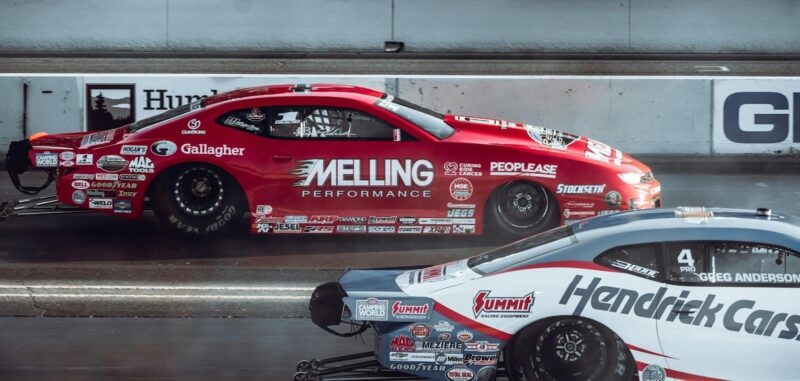
Somewhere between a tour bus and a sportsbook, music found a new side hustle. Not brand-new—maybe not “side” anymore. Big-name artists like Post Malone, Drake, and Jay-Z keep popping up in betting promos and deals that, a few years back, would’ve sounded like a joke. It isn’t just quick cash either, or at least that’s how it’s being framed. The pitch is: new ways to reach fans, new ways to make money, and—if you squint—a culture crossover that kind of makes sense. Younger fans live on their phones, they stream everything, and betting apps sit right there next to the music ones. Convenient, if a little messy.
Legal Shifts Change the Game
Legal shifts, culture, and timing crossed at once. As more U.S. states loosened rules, the old “don’t touch gambling” advice started to feel dated. When betting canada platforms normalized online betting, the stigma thinned fast. Not gone, but thinner. Suddenly, an artist linking up with a sportsbook wasn’t career suicide; it was—oddly—cool. Or perceived that way. Fans who once side-eyed the idea began treating it like another form of entertainment. That change matters, because it gave brands the green light to spend big and artists a reason to pick up the phone.
Touring vs. Betting Partnerships
Touring has gotten tougher money-wise. Expensive crews, fragile schedules, and a single canceled run wrecking a quarter’s revenue artists know the drill. Betting partnerships promise something touring can’t: checks that land whether the bus rolls. Drake’s deal Stake, or was it Strike? Reports vary; it has been rumored to be around the six-figure mark yearly, though numbers float. The headline isn’t the fee; it’s the extras: revenue shares, equity pieces, bonuses tied to signups. That’s the real lure. If the market grows, early movers might be sitting on something bigger than an endorsement.
Audience Overlap
The audience is mostly the same. Hip-hop and EDM fans often track sports, play fantasy, dabble in esports, and also download betting apps. They’re mobile-first and quick to share. That’s why a Post Malone spot for Hard Rock Bet doesn’t feel totally improper—it leans into his vibe rather than slapping a logo on a clip. And when Drake posts a wild bet, people watch. Wins, losses—it doesn’t matter. It sparks chatter, which brands can’t buy the old-fashioned way.
There are a few case studies people point to. Post Malone’s “Roll With Us” pushed the idea that betting could be social—friends, group chats, laughing at bad picks—instead of lonely and grim. Jay-Z went even deeper, with moves tied to casino development, which suggests he sees it as more than a trend. Nicki Minaj’s short run with MaximBet—quick, but noisy—showed how fast a celebrity tie-in can move signups, at least at launch. Whether those users stick around is another question.
What Comes Next
Live shows with micro-bets woven in, or virtual sets riding alongside esports events, could become the norm. Artist-owned mini-books might appear. Maybe that’s too much. The only safe bet—sorry—is that music and betting will keep testing the edges. Some of it will work. Some of it won’t. And that tension, the try-and-see energy, is probably why the two worlds keep inching closer. This situation might stay that way for a while. Licensed operators must adhere to provincial regulations to maintain their offerings.
There are challenges too. While the market expands, responsible gaming measures are crucial. Responsible play tools are required features in many jurisdictions to protect players, adding layers of complexity for operators who want to tap into this growing audience. Balancing engagement and responsibility might define how successful these partnerships can be eventually.


